neuroscience
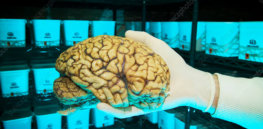
Astonishing efficiency, unlimited storage: What makes the human brain so powerful?
[A] team from Washington University in St. Louis combined neural recordings from rats with computer modeling to uncover one of the ...

Why is it so hard to think straight when you’re tired? Here’s what’s going on in your brain
Most of us could use more sleep. We feel it in our urge for an extra cup of coffee and ...
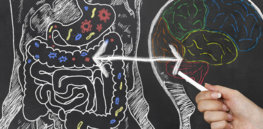
Can we slow the progression of Alzheimer’s by seeding our guts with ‘better’ bacteria?
Male — but not female — mice had reduced amyloid beta plaques in the brain after antibiotic treatment ...

Video: Here’s what sugar does to our brains
When you eat something loaded with sugar, your taste buds, your gut and your brain all take notice. This activation ...
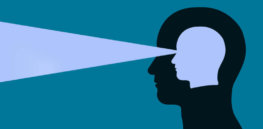
Why your brain filters out things you don’t need to see
Scientists have long known that our sensory processing must automatically screen out extraneous inputs — otherwise, we couldn’t experience the ...

‘It’s not impossible’: Study claims yoga breathing techniques could ‘cleanse the brain’
Our brains are washed by a constant flow of cerebrospinal fluid, which plays the important role of carrying away waste ...
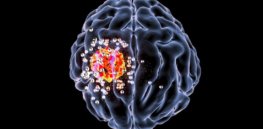
‘It’s unsettling’: Cancer cells use the body’s nerves to attack the brain, studies suggest
Tumour cells can plug into—and feed off—the brain’s complex network of neurons, according to a trio of studies. This nefarious ...
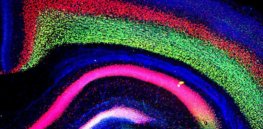
What’s behind human brain disorders? Mouse Genetics Project expects to yield many answers
The Sanger Institute Mouse Genetics Project is part of the international effort to discover the function of every gene in ...

Left-handed, right-handed? Researchers zeroing in on genetic factors, development in the womb
For the first time, scientists have pinpointed regions of human DNA that closely relate to whether people are right- or ...
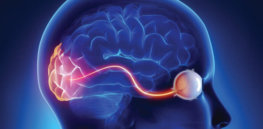
Scientists dive deep into how the brain processes vision
How is the retina formed? And how do neurons differentiate to become individual components of the visual system? By focusing ...
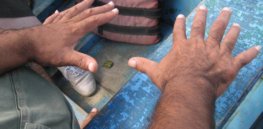
Polydactylism: Six fingers and toes may be better than five
In a thrilling paper published recently in Nature Communications, researchers set out to study the abilities of people with extra fingers. This condition, known ...
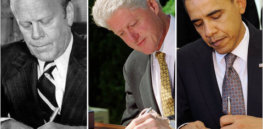
Left-handed? Genes link handedness to language facility but also schizophrenia and anorexia
Despite its ubiquity to the human experience, there are lots of unresolved questions related to handedness, such as how lefty ...
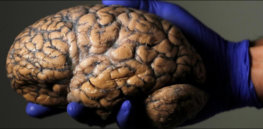
Chasing true understanding of the brain: Why progress may be dependent on ‘trial and error, and some luck’
Billions of dollars are flowing into research and neurotechnology projects like the U.S. Brain Initiative, Europe’s Human Brain Project, and ...
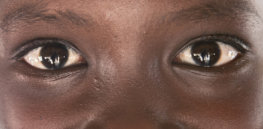
How math could explain the ‘great mystery of human vision’
This is the great mystery of human vision: Vivid pictures of the world appear before our mind’s eye, yet the ...
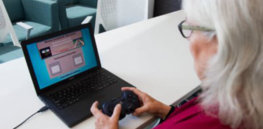
Online brain games can ‘beef up’ the elderly brain’s ability to multitask, study shows
A University of California, Irvine-led study has found that online brain game exercises can enable people in their 70s and ...
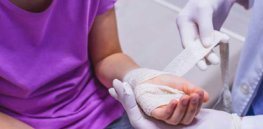
Have scientists discovered a new pain-processing organ under our skin?
It’s not common that researchers discover what could be an entirely new part of the human body. But a team ...
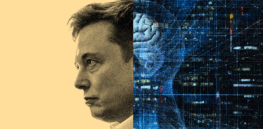
Viewpoint: Elon Musk’s Neuralink dreams are a mix of reality and ‘science fiction’
So, how precisely is Neuralink pushing the envelope? ... A lot of Neuralink's vision may sound difficult to believe, but ...
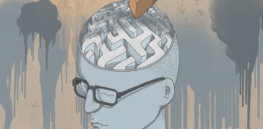
We’re unlikely to cure Alzheimer’s with CRISPR. But the gene-editing tool could play a crucial role.
Nearly 6 million Americans live with Alzheimer’s disease without solid treatment options ...
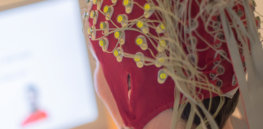
3 ways neuroscience and AI can work together to help us understand how we think
The meteoric success of deep learning showcases how insights from neuroscience—memory, learning, decision-making, vision—can be distilled into algorithms that bestow ...
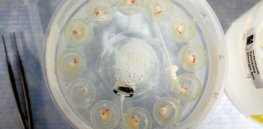
What makes us human? These pieces of donated brain tissue may offer answers
Half an hour earlier, this piece of neural tissue was tucked inside a 41-year-old woman’s head, on her left side, ...

‘Built to forget’: Why memory lapses are good for our brains
Until about ten years ago, most researchers thought that forgetting was a passive process in which memories, unused, decay over ...
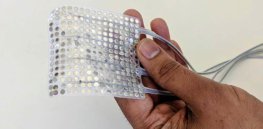
Are we moving closer to mind reading? Facebook-funded study turns brain signals into text
With a radical new approach, doctors have found a way to extract a person’s speech directly from their brain. The ...
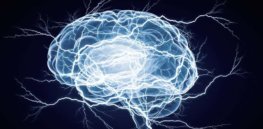
Convulsive seizures could play a key role in Alzheimer’s disease
It’s no surprise to neurologists that some people experience convulsive seizures in the later stages of [Alzheimer’s] disease. … But ...
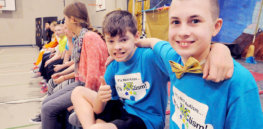
7 things to know about autism, including why it’s unlikely there will ever be a ‘cure’
To help spread awareness — and cut through the falsehoods, half-truths, and misinformation — here are seven things everyone should ...
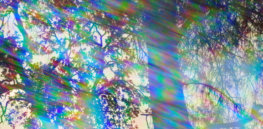
Another mystery of our brains: ‘Why are we not hallucinating all the time?’
It’s a question they might have asked for different reasons in the ’60s, but neuroscientists from Stanford University in the ...
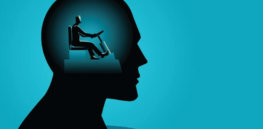
Do humans have free will? Neuroscientists seek solution to this ‘philosophical puzzle’
Clinical neuroscientists and neurologists have identified the brain networks responsible for this sense of free will. There seems to be ...
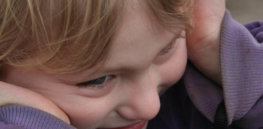
‘Genetic factors’ account for 81 percent of autism risk, suggests large multinational study
About 81 percent of autism risk comes from inherited genetic factors, according to an analysis of more than 2 million ...

